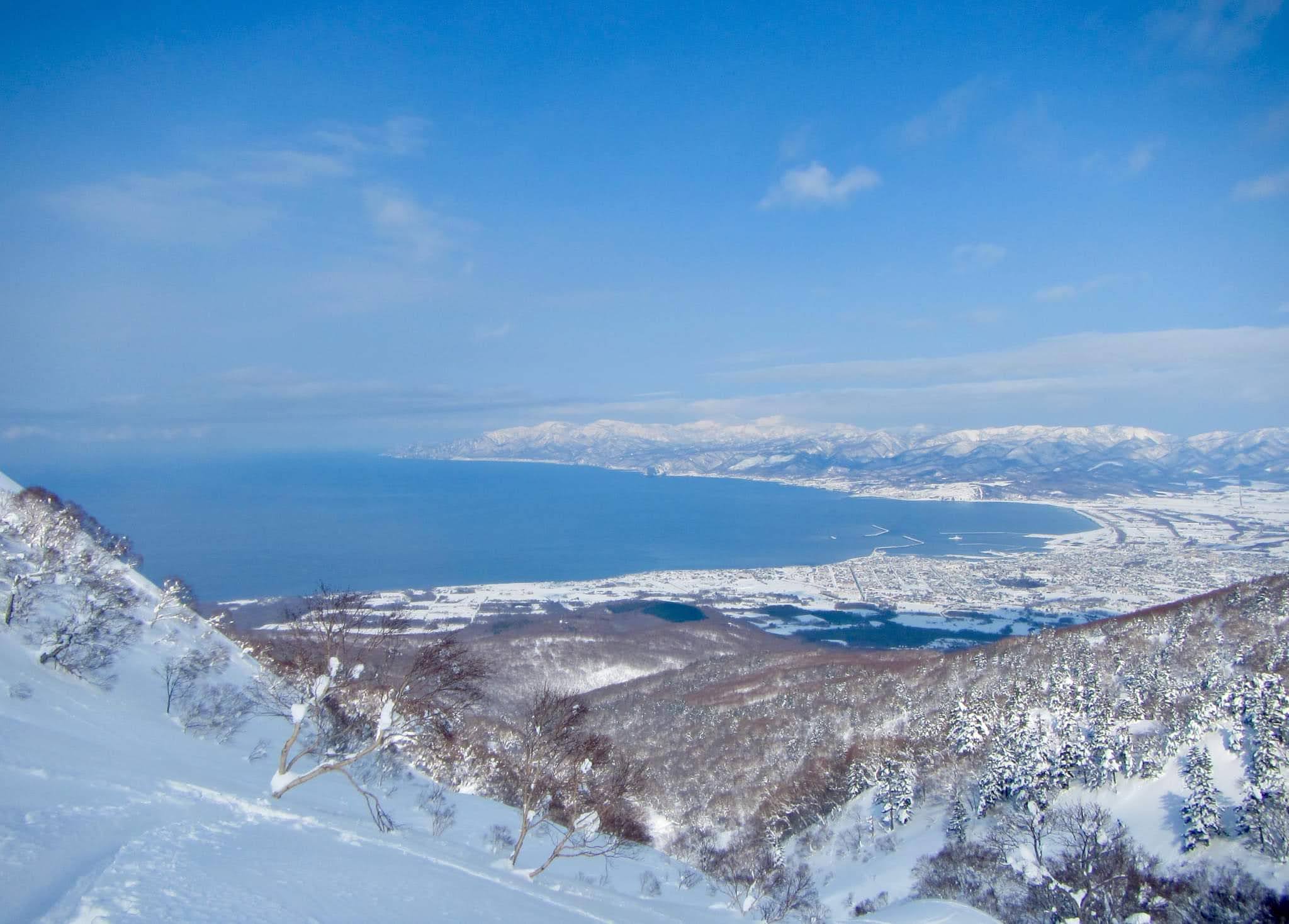Lessons at school in Shimukappu show how to be a global team player
My ninth-grade students recently had a lesson that discussed humanitarian work in Afghanistan. One passage read, “Have you ever heard of groups that collect Japanese school backpacks? They send them overseas. So far, more than 200,000 backpacks have been sent to children in Afghanistan.’’
The passage was uniquely uplifting in my 20-plus years of reading about Afghanistan. Maybe this is a reflection of my past reading preferences? Or, maybe my reading has been a realistic depiction of a war-ravaged country? Both musings are onto something, but I want to focus on what the passage says about living in a 1,300-person village in northern Japan.
Life in Shimukappu provides countless opportunities for looking closely at how I relate to the U.S. Before arriving in Japan, I suspected I might frequently encounter proud displays of nationalism. That has not been the case, and instead, I see cultural humility on display every day and an abiding interest in learning about other nations, both of which strike me as sound approaches for building a global community.
The Japanese language serves as a daily reminder of taking action to cultivate this community. Almost 20% of the lexicon are “loan words,” which means they have been added to the dictionary from foreign languages since the 17th century. One example of these 45,000 words is “miruku.’’ This is the word “milk” manipulated to conform to Japanese phonetics. And, the linguistic comfort with adoption is just the beginning.
From a young age, society has conditioned me to revere individualism and the U.S. as a one-of-a-kind democratic experiment with stunning physical geography. I’ve let my travels and experiences confirm this, but thankfully, life in Japan is asking me to look more closely at the role of confirmation bias in my beliefs. In high school, my sociology teacher taught me that nationalism is a necessary ingredient for a thriving nation. I’m now regretting not exploring and critiquing this claim from more angles. My pride as a U.S. citizen seeped deeply into my being and has served as an unstable foundation for befriending the rest of the world.
Fast forward a couple weeks from reading about Afghanistan and I was working with students on a similarly eye-opening lesson assessing countries’ energy self-sufficiency by looking at their energy produced versus energy consumed. The concept isn’t particularly important — what is salient here is that this metric rates Japan as 33rd in the world. The lesson asked students to consider what Japan could do to improve its self-sufficiency, how individual consumers can play a role in this process, and several other discerning questions.
There is an awareness implicit in this school lesson of knowing how much one’s country has to learn to be a team player in the global community. This awareness feels foreign to me. I’m surprised to realize just how deeply I bought into the myth of American exceptionalism. And to be clear, it’s not just in the junior high school that I see Shimukappu residents developing a worldly perspective.
Some close friends in Shimukappu have taken their family on several trips to New Zealand seeking adventure and English practice. Before their first trip, they hired a Japanese travel consultant to help them locate a homestay family for their vacation. They were paired with a charming, retired couple who have become lasting friends and their hosts for trips since. I’m in awe of the priorities that this approach to travel represents: building relationships, working on language skills, and being enmeshed in daily life in a foreign landscape. I want to travel like this.
In addition to all this, Shimukappu has spent the past 30 years investing financially in its citizens’ worldliness. First, there is the salary of the local English teacher (that’s me right now), and then there is paying the way for every eighth-grade student to participate in the annual exchange with Aspen. Keeping these two line items in a small town’s budget is a herculean feat; the commitment to providing community members with subsidized English language courses is quite literally beyond my comprehension. I want to learn from Shimukappu’s approach by tempering my pride in the U.S. and investing in building community while standing on equal footing with peers from around the globe.
Timbah Bell is an English teacher in Shimukappu, Japan, where he works as part of a longstanding partnership with Aspen Sister Cities. You can find this column read aloud and photos from his adventure so far on Instagram @beauty_noted; email him at timbah.bell@gmail.com.






Comments are closed.